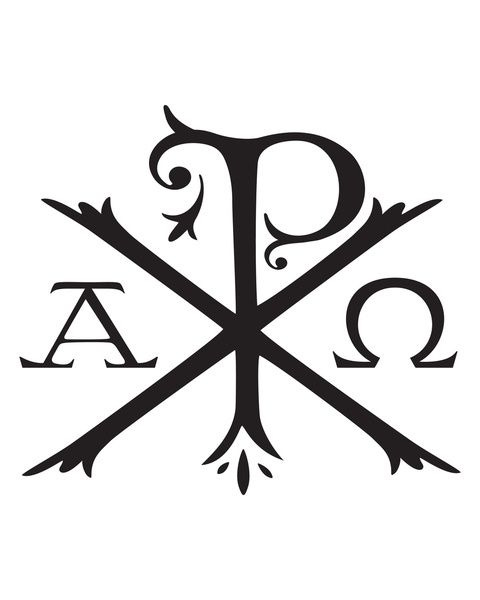The Messiah in the Psalms
Overview:
On the walk along the road to Emmaus, with two of the believers, Jesus taught them from the books of Moses, from the prophets, and throughout all the scriptures. These scriptures, would most certainly have included the Psalms. The various psalmists obviously had heard from the Holy Spirit, and it triggered the flow of poetic verses that not only prophetically heralded the coming of the Messiah, but also told of His death, future victory and rule.
There are quite a few psalms, or elements of individual psalms that point towards, or describe the Messiah. Here are a few examples:
¨ Psalm 16:8-10 (by David) – shows that the Messiah is to die and be resurrected, because God will not let him be cast into the Abyss or be kept in Sheol. It highlights the power that God has over life and death.
¨ Psalm 41:9 (by David) – specifically states that the Messiah will be betrayed by a friend whom he was close to, as indicated by the phrase “who shared a table”. Judas’ betrayal of Jesus was declared during the Passover meal.
¨ Psalm 78:1-2 (by Asaf) – Jesus was well known for teaching, and presenting the Kingdom of God through the use of parables. These verses prophetically whisper this in Israel’s past, prior to the coming of the Messiah.
¨ Psalm 110:4 (by David) – presents the position that the Messiah would be a priest of the peoples in the way Melchizedek was – this is repeated by the author of the book of Hebrews 7.
¨ Psalm 118:22 – the image of the Messiah as a cornerstone is presented many times throughout the bible, this verse is one of them, and it links directly to Jesus’ own declaration of this verse in Mark 12:10.
In John 10:1-21, Jesus when in discussion with some Pharisees, declares himself to be the ‘Good Shepherd’, stating that a true shepherd will lay down their life for their flock, and works constantly to provide food and nourishment for them. This echoes from perhaps the most well-known psalm of all – Psalm 23.
Psalm 23: The LORD is my shepherd, I lack nothing. He makes me lie down in green pastures, he leads me beside quiet waters, refreshes my soul. He guides me along the right paths for his name’s sake Even though I walk through the darkest valley, I will fear no evil, for you are with me; your rod and your staff, they comfort me. You prepare a table before me in the presence of my enemies. You anoint my head with oil; my cup overflows. Surely your goodness and love will follow me all the days of my life, and I will dwell in the house of the LORD - forever.This is such a beautiful psalm by David. It tells us of the authority of God (and of the Messiah), it tells of His bountiful provision, His peaceful presence, His guiding wisdom and discipline, His protection, and the eternal relationship He wants with all of us – is there for us to hold onto. It presents a view of God, and the Messiah, that He will be there with us, by our side, leading us ‘through’ the times when life is so incredibly hard, and it feels like death is closing in on us. Truly the ‘Good Shepherd’ is ‘Immanuel’ – God with Us!
Even though Psalm 23 is perhaps the most recognisable of the psalms that prophetically highlights the Messiah, the psalm the preceded it – Psalm 22 – offers up the clearest example of the Messiah and the mission he was to fulfil in His death and resurrection. Many of the verses are clearly and specifically repeated in the events of Jesus’ crucifixion. The most apparent of these are:
¨ Verse 1: The words in this verse, are repeated word for word by Jesus on the cross, when he calls out “My God, my God – why have you forsaken me?”
¨ Verses 7-9: These verses highlight the fact that many, especially the religious leaders, despised Jesus, and jeered at Him whilst he was hanging on the cross. Especially when they called out “If He is God, save himself”.
¨ Verses 15-16: Whilst on the cross Jesus’ blood was poured out for our sins, and he is the living water that is poured out for us to never thirst – these verses echo these themes. They also show that the Messiah will thirst as he dies, just like Jesus did whilst on the cross.
¨ Verse 17: This verse points to how the Messiah is to die, with His hands and feet being pierced, which shows that it was to be a crucifixion (which would not be developed as a method of torture and killing for many hundreds of years).
¨ Verse 19: When Jesus was hanging on the cross, the Roman soldiers cast lots, and threw dice to see who would get parts of his clothing. This verse predicted that this would happen.
The beauty of the Psalms is that they present humanities desire to be heard by God, and to worship and glorify God. They show the human condition in all its weakness and its strength. And perhaps, more importantly, they shout of the coming Messiah – the saviour of humanity, the ‘Anointed One’ who was to re-unite humanity with the Heavenly Father.
Next Part: The Divine Authority of Jesus




